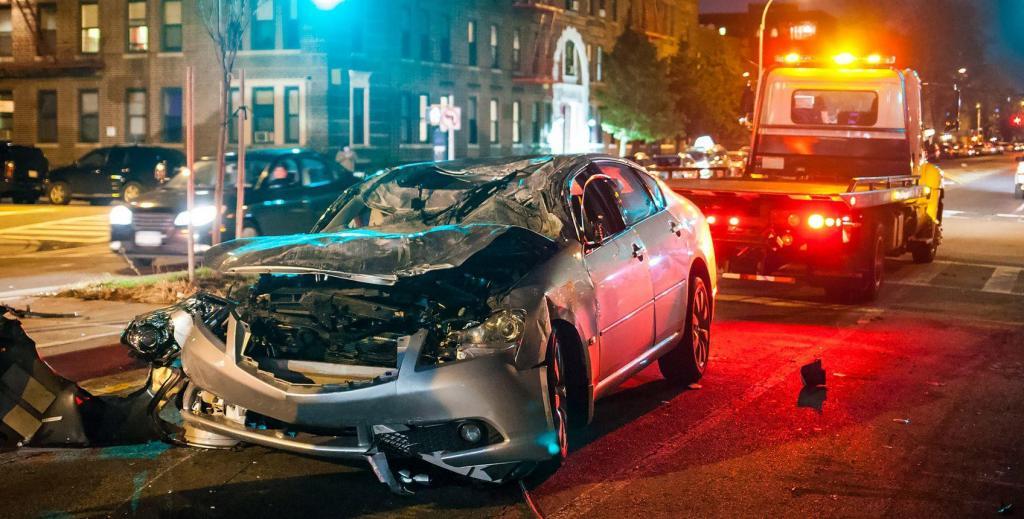When you take out a comprehensive car insurance policy you typically do so to ensure you’ll be compensated with a cash pay-out equivalent to your car’s value if your vehicle is severely damaged in an accident. But have you ever wondered when and how car insurance companies decide whether or not to write off a damaged car and pay out a policy holder?
Get fairer car insurance. Based on how you drive
It starts with an assessment
Following a car accident a qualified assessor will be dispatched by an insurance company to assess the damage to their client’s vehicle. The assessor’s job is to provide an impartial estimate of how much it will cost to restore the vehicle to its previous condition.
During the assessment the assessor will also note whether or not there is any severe structural damage to the vehicle that could compromise vehicle safety even after repairs are completed. They will also consider the age of the vehicle and the availability of the spare parts required to get it back on the road.
Following the examination of the vehicle the assessor will submit a report to the insurance company, with a cost estimate for repairs.
Additional costs
The damage to a car is just one factor that insurance companies use to assess what it’s going to cost them to get it back on the road. There will also be the costs of storing the vehicle prior to, or during repairs. Depending on the conditions of the insurance policy, the insurer may also be liable to provide a hired vehicle while the damaged one is being repaired.
Exactly what is factored into the additional costs associated with repairing your vehicle will vary depending on the insurer and policy agreement. These costs will then be added onto the estimated vehicle repair costs.
The insurance policy
One of the most important points insurers will consider when deciding whether or not to write off an accident damaged vehicle is the terms of the insurance policy agreement. This will establish the amount the insurance company is liable for in the event they decide to write the vehicle off.
If the client’s policy insured the car for its retail value, the insurer will be liable for the cost of a new car of the same make and model. If the car was insured for its replacement value, the insurer will be required to make a relatively smaller pay-out, refunding the amount required to purchase a second hand vehicle of similar age and condition in the used car market.
A simple calculation
Once an insurance company has received the assessor’s report and reviewed the relevant insurance policy, a simple calculation takes place. If the cumulative cost of repairs and any additional costs are more than it would cost to replace the vehicle, the car is written off.
Some insurance companies will factor the anticipated salvage value of the vehicle into this equation. This means they calculate how much money they will make salvaging the written off vehicle and subtract that from the projected costs of replacing it. In these cases they may decide to write off the vehicle even if repairing it is cheaper than replacing it.
In cases where there is severe damage to a core car system which will affect driver safety even if repaired, the insurance company will write the car off irrespective of projected repair costs.
This means that cars with bad bodywork damage can be repaired if no structural or chassis damage was sustained, while cars with less cosmetic damage but deeper structural or chassis damage may be written off.
What happens next
If an insurance company decides that a car is a write off they will typically pay out valid claims according to the terms of the insurance policy, deducting any insurance excess from the pay-out.
Once that is done the insurance company will attempt to recover some of the costs of the insurance claim. Depending on how badly the car was damaged they may:
- sell the car to a scrap yard, where it will be crushed and sold for scrap
- sell the car to a salvage company that will strip it down and extract parts for resale, repair or recycling
- sell the car on to salvage company that will repair, re-register and re-sell the car.


